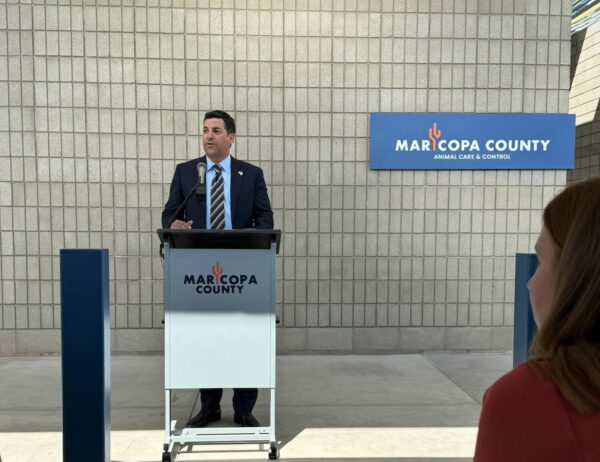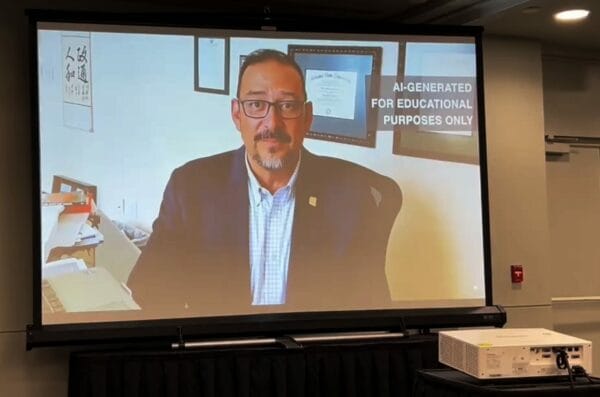By Christian Britschgi | Reason
Some of these are more grounded in actual white papers than others. A few still need a couple of details worked out. One or two are more thought experiments than anything else. But they hopefully will provide some food for thought as you polish off the last remaining dregs of eggnog.
This past year saw a lot of practical, incremental housing reforms get passed. In 2024, we should try some more out-of-the-box thinking.
12 Increasingly Off-the-Wall Ideas for Making Cities More Affordable, Functional, and Free
- Price-Based Builder’s Remedy
California has a policy called the “builder’s remedy,” which allows developers to build residential projects of unlimited density in communities that are out of compliance with state housing law, local zoning be damned.
It’s supposed to be a weapon of last resort against cities that refuse to permit their fair share of housing.
To date, however, no one’s gotten one of these builder’s remedy projects approved. One reason is that California housing law and related court decisions make it anyone’s guess when a city is actually out of compliance with state housing law.
One exceedingly modest off-the-wall idea to clear up this confusion, and make the system more market-oriented, would be to adopt a price-based builder’s remedy law.
Let’s make communities eligible for builder’s remedy projects when rents or home values go above a certain price level.
Setting an objective standard for when builder’s remedy projects apply would route around a lot of bureaucracy. Basing that objective standard on housing prices would allow home construction in places where demand for it is highest. Cities that wanted to avoid “builder’s remedy” megaprojects would have to reform their zoning codes until they’d achieved broad-based affordability.
- Block Voting
America’s housing shortage is often blamed on an excess of local control. Could hyper-local control be part of the solution?
One modestly off-the-wall idea that’s gaining currency in the United Kingdom is “block voting” or “street voting.” Basically, this policy allows small collections of property owners on the block level to vote to upzone themselves without the need to get approval from city hall.
Incumbent homeowners often oppose upzoning that allows new housing because they get nothing from the new housing except more noise, more traffic, and potentially lower property values.
You can say that’s a bad attitude. The idea behind block voting is that it’s bad economics too. Homeowners should support upzoning, because increasing the development potential of their land should make their land more valuable.
If small collections of homeowners were given the opportunity to upzone their own land, odds are many would do it, and sell it off to the next developer who comes knocking. The homeowners get more money, and the city gets more housing. Everyone wins!












